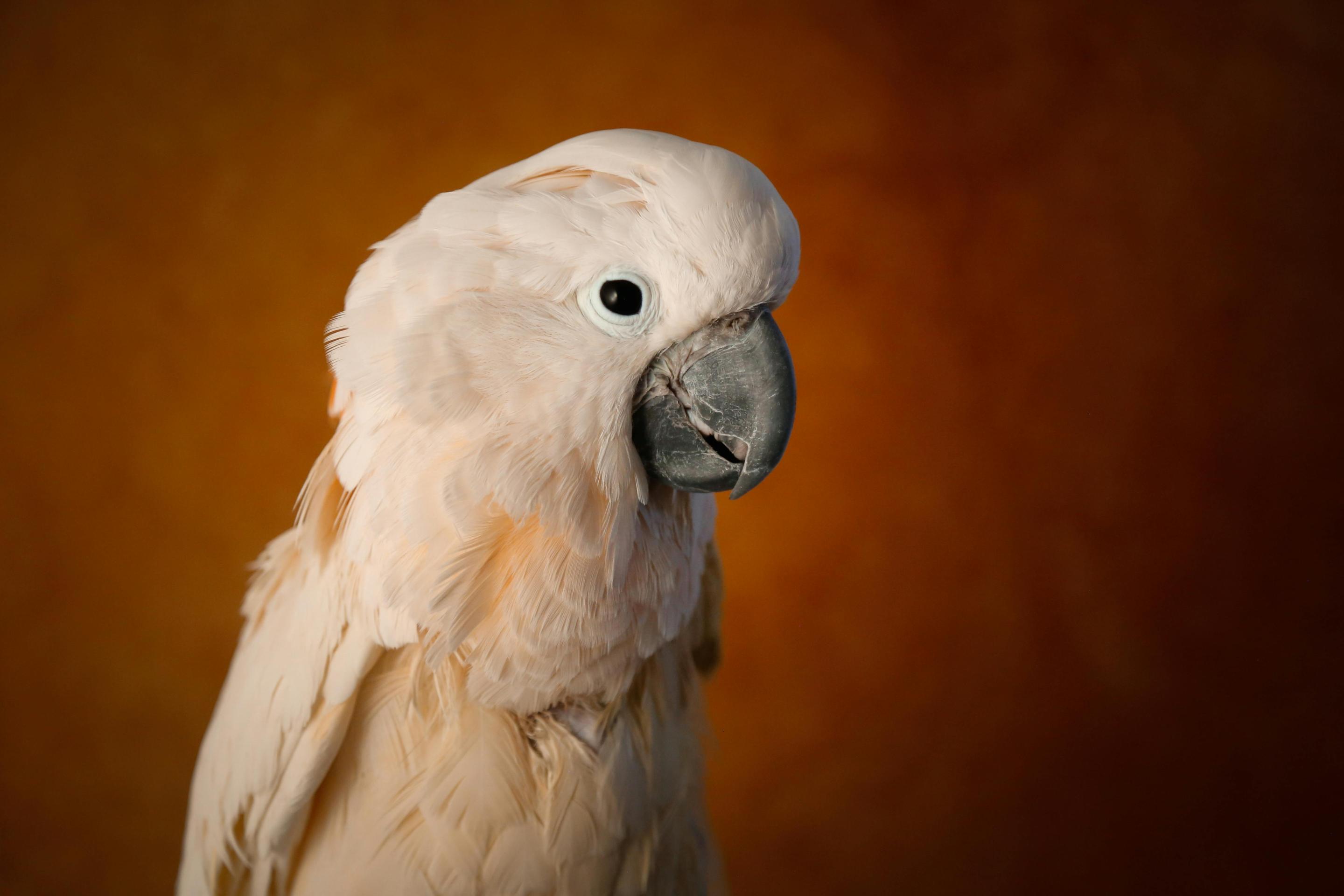Parrots are some of the most captivating and intelligent pets you can welcome into your home. With their vibrant colors, remarkable ability to mimic sounds and words, and lively personalities, parrots make for fascinating companions. However, owning a parrot is a significant commitment that requires proper knowledge and preparation. Here’s everything you need to know about caring for parrots as pets.
Why Choose a Parrot?
Parrots are known for their:
-
Intelligence: Many species can learn to mimic human speech and perform tricks.
-
Affectionate Nature: When socialized properly, parrots bond closely with their owners.
-
Longevity: Some parrots, like African greys and macaws, can live 50 years or more.
-
Unique Personalities: Each parrot has its own quirks, preferences, and habits that make them unique.
However, potential owners should consider the time, effort, and resources required to care for a parrot.
Popular Parrot Species
There are over 400 parrot species, but some are more commonly kept as pets. Here are a few popular options:
-
Budgerigars (Budgies):
-
Small, colorful, and relatively easy to care for.
-
Excellent choice for first-time parrot owners.
-
-
Cockatiels:
-
Friendly and gentle, with a talent for whistling.
-
Require moderate care and attention.
-
-
African Grey Parrots:
-
Highly intelligent and known for their exceptional mimicking abilities.
-
Require mental stimulation and social interaction.
-
-
Macaws:
-
Large, vibrant birds with big personalities.
-
Demand significant space, attention, and commitment.
-
-
Conures:
-
Playful and outgoing, with a knack for entertaining their owners.
-
Medium-sized and known for their vocalizations.
-
-
Amazon Parrots:
-
Lively and talkative, with a robust build.
-
Require a lot of mental and physical stimulation.
-
Housing and Environment
Parrots need a safe, comfortable, and stimulating environment. Here’s what to consider:
-
Cage Size:
-
Choose a cage large enough for your parrot to stretch its wings and move around freely. Larger species like macaws need very spacious enclosures.
-
-
Perches and Toys:
-
Provide various perches to keep their feet healthy.
-
Toys are essential for mental stimulation and preventing boredom.
-
-
Location:
-
Place the cage in a well-lit, draft-free area where the parrot can interact with the family.
-
Avoid kitchens, as fumes from non-stick cookware can be toxic.
-
-
Cleanliness:
-
Clean the cage and food bowls regularly to prevent bacterial infections.
-
Diet and Nutrition
A well-balanced diet is crucial for your parrot’s health. Their diet should include:
-
Pellets: Specially formulated parrot pellets provide essential nutrients.
-
Fresh Fruits and Vegetables: Offer a variety of bird-safe options like apples, carrots, and leafy greens.
-
Seeds and Nuts: These should be given in moderation as treats, as they are high in fat.
-
Fresh Water: Always ensure clean water is available.
Avoid feeding your parrot foods that are toxic to them, such as avocado, chocolate, caffeine, and alcohol.
Health and Wellness
Regular veterinary care is essential to ensure your parrot’s health. Look out for these common health issues:
-
Feather Plucking:
-
Often caused by stress, boredom, or health problems.
-
Consult a vet to identify and address the underlying cause.
-
-
Respiratory Issues:
-
Signs include wheezing, nasal discharge, or labored breathing.
-
Can be caused by poor air quality or infections.
-
-
Beak and Nail Overgrowth:
-
Provide toys and perches to help keep beaks and nails naturally trimmed.
-
-
Nutritional Deficiencies:
-
Ensure a balanced diet to avoid health complications.
-
Socialization and Training
Parrots are highly social animals that thrive on interaction. Here are tips for bonding and training your parrot:
-
Spend Quality Time:
-
Interact with your parrot daily to build trust and strengthen your bond.
-
-
Positive Reinforcement:
-
Use treats and praise to encourage desired behaviors.
-
-
Teach Tricks and Words:
-
Be patient and consistent when training your parrot to talk or perform tricks.
-
-
Prevent Behavioral Issues:
-
Provide ample mental stimulation and avoid long periods of isolation to prevent screaming or aggression.
-
Challenges of Owning a Parrot
While parrots can make wonderful pets, they come with challenges:
-
Noise: Parrots can be loud, especially larger species.
-
Mess: They are messy eaters, and their cages require frequent cleaning.
-
Time Commitment: Parrots need daily interaction and mental stimulation.
-
Long Lifespan: Many parrots live decades, requiring a long-term commitment.
Is a Parrot Right for You?
Before adopting a parrot, consider whether you can meet their physical, emotional, and social needs. Parrots are intelligent, sensitive creatures that require a dedicated and loving owner. If you’re ready for the challenge, they can bring immense joy and companionship into your life.
Parrots are extraordinary pets that can brighten any home with their intelligence, beauty, and charm. By understanding their needs and providing proper care, you can build a lasting and rewarding relationship with your feathered friend.
At Ingleside Animal Hospital, we’re here to support you in caring for your parrot. Whether you need health advice, dietary recommendations, or a wellness check, our team is ready to help. Contact us today to learn more about keeping your parrot happy and healthy!
If you have questions and you'd like to reach out to us, you can call us directly at (602) 833-7511, or you can email us at [email protected]. Don't forget to follow us on social media Facebook, Instagram.

